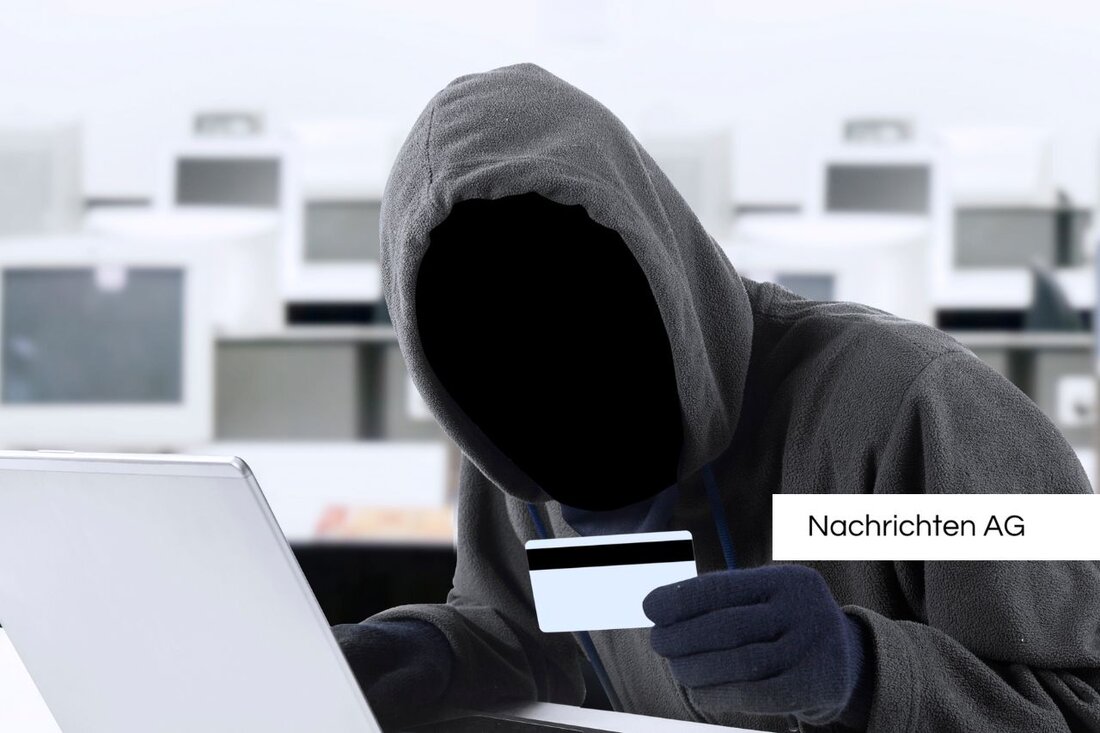Attention PayPal users: How to expose perfidious phishing emails!
Attention PayPal users: How to expose perfidious phishing emails!
Berlin, Deutschland - The digital world has long since conquered everyday life. For many people, online shopping is now part of life as if it were a daily coffee. Payment methods such as PayPal, Klarna or credit cards are common companions in the virtual shopping world. But wherever it becomes easy, new dangers are lurking that should not be underestimated. Banners and fraudsters in particular have an easy game when it comes to getting personal data.
A particularly perfidious stitch has once again made it onto the warning list: the so-called "guest account mesh" at PayPal. In this attempted fraud, many users suddenly receive an email that asks to confirm their private information. While the message warns of an "unauthorized activity" and seems to be clear instructions to be able to use the account again, it is actually a nasty attempted fraud. The emails are part of a notorious phishing wave that aims to steal passwords and personal information. The deception is so well done that they are often not to be distinguished from real news.
How to recognize phishing emails
The consumer center warns of a new phishing wave that targets PayPal users. The fraudulent news claims that unusual activities have been found on the account and call on users to confirm their information. Characteristics such as impersonal address formulas, for example "Hello dear PayPal customer!", As well as numerous spelling mistakes and incorrect formulations such as "for their safe" are clear indicators for such fraud. In addition, about every third undesirable email contains a phishing attempt, with over 62 percent of people have already received such emails and many clicked on dangerous links.
The experts advise to be very careful in such cases. Under no circumstances should users click on suspicious links. Instead, the email should be forwarded to phishing@paypal.com immediately and then deleted from the inbox. If you are unsure, you should only log into your account via the official PayPal app or website to check the activities.
essential advice in fraud cases
In the event that personal data was disclosed, quick action is required. In such a case, the password should be changed immediately-if possible the log-in name. If access to the service is no longer sufficient, it is advised to contact the company and, if necessary, ask the bank to block the account.
In a time when online payments and purchases are everyday life, users must remain vigilant in order not to fall into the falling fraudsters. The Federal Office for Information Technology (BSI) emphasizes that it is essential to always critically question suspicious messages.
For more information, the articles from Berlin Live and t-online
| Details | |
|---|---|
| Ort | Berlin, Deutschland |
| Quellen | |


Kommentare (0)